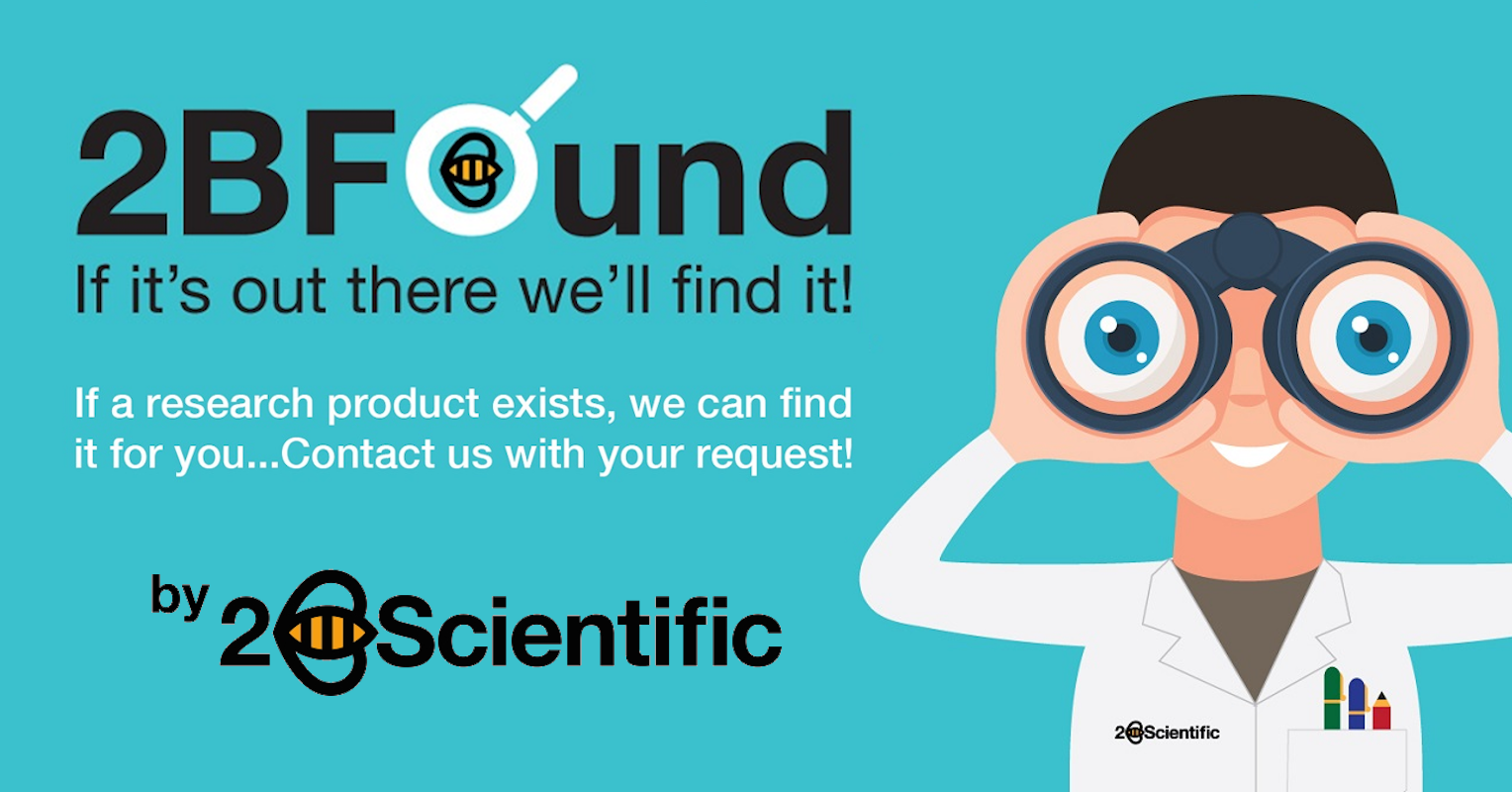PathPlus™ Neuro Antibodies
Whether investigating neural development, neurodegenerative disorders or cancers of neural origin, the LSBio PathPlus™ Neuro Antibodies are guaranteed to work in IHC for research pathology applications.
PathPlus™ Neuro Antibodies
The LSBio PathPlus™ Neuro Antibodies represent the highest quality reagents available for research pathology applications. Over 800 antibodies were hand-selected from among thousands that were tested and identified to be the best performing reagents for immunohistochemical detection of over 400 high-value neuro targets in formalin-fixed paraffin-embedded human tissues.

PathPlus™ Neuro ADGRG7 Antibody LS-A8008
This antibody is showing strong staining of astrocytes and Bergmann gliain normal human brain cerebellum.
ADGRG7 (GPR128, Adhesion G protein-coupled receptor G7) is a membrane-bound orphan receptor involved in cellular adhesion, migration, and cell-to-cell and cell-to-matrix interactions. The extracellular region of adhesion GPCRs can be exceptionally long and contain a variety of structural domains that are known for their ability to facilitate cell and matrix interactions. ADGRG7 has been suggested to have a role in intestinal absorption and musculoskeletal disorders, as well as osteochondral ossification. ADGRG7 has been shown to be modulated by ER-alpha and the Sp1 complex. LSBio’s in-house Northern blots indicated expression in liver, small intestine, and colon, and low expression in thymus, spinal cord, putamen, and medulla.
PathPlus™ Neuro GALR3 Antibody LS-A205
This antibody is showing strong specific staining in Alzheimer’s diseased
brain astrocytes.
GALR3 is one of three G protein-coupled receptors for the bioactive neuropeptide galanin that modulates a variety of physiologic processes including cognition, memory, pain processing, hormone secretion, and feeding behavior. Antibody LS-A205 demonstrated strong positive staining within neurons of a variety of brain regions, as well as peripheral tissues.
Within neurodegenerative diseases, studies at LSBio demonstrated positive staining with this antibody within senile plaques and neurofibrillary tangles in Alzheimer’s Disease.
